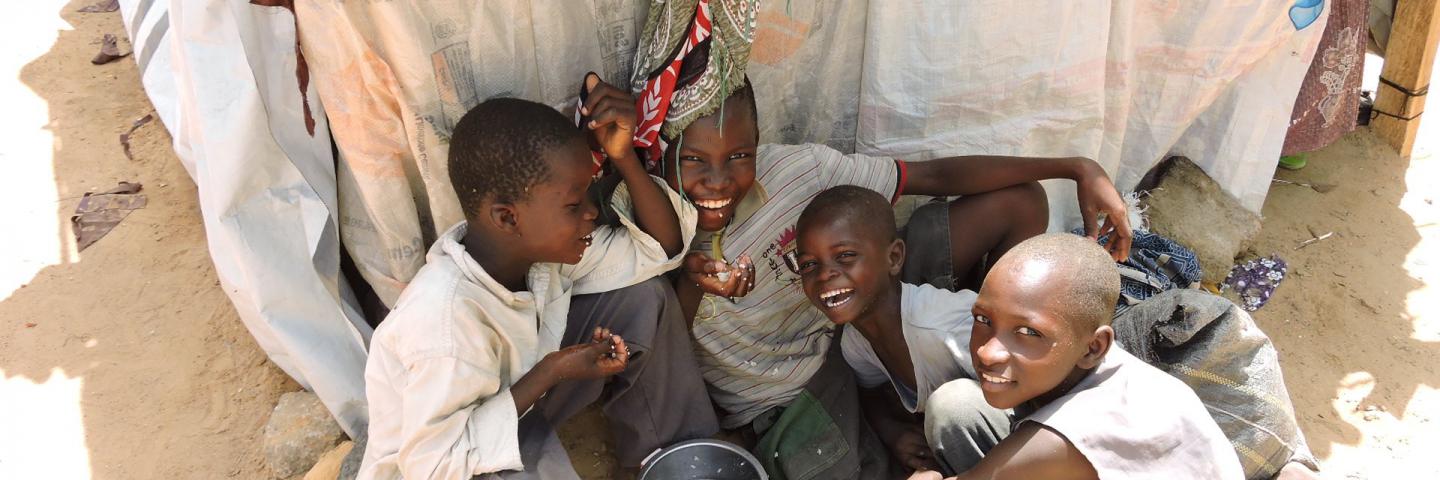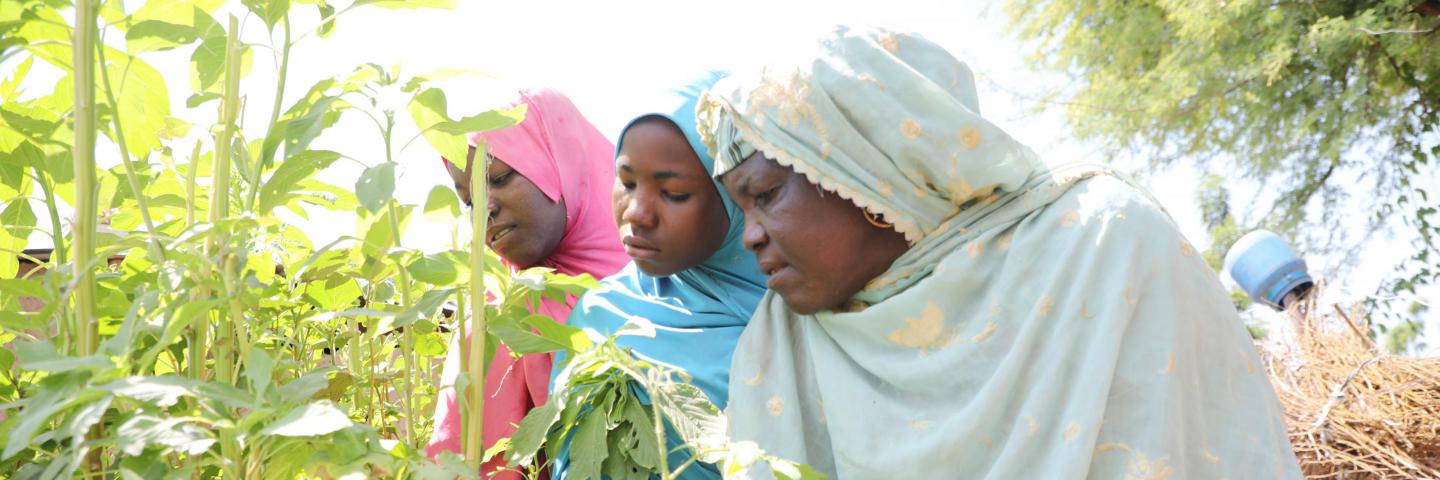The vast majority of people in Nigeria live below the international income poverty line. The Household Economy Analysis (HEA) baselines conducted in 7 states in Northern Nigeria, indicate that the poorer households comprise of at least 74% of the population. They are unable to access their minimum energy requirements in a sustainable manner, leading to chronic and acute malnutrition in children.
The food security and livelihood (FSL) sector aims to improve these poorer households' access to food and income by building their resilience to shocks. More specifically, we work with partners to:
Our donors for FSL activities are OFDA/USAID, EU, GAC and DFID.

This is complimented by safety nets systems to increase income to very poor households as well as responding to emergencies when necessary. We work to save and protect the livelihoods of families affected by chronic poverty, shocks and disasters so that they do not have to resort to these coping mechanisms.
We provide cash grants to the most vulnerable households, which enables the poorest families to purchase food and other basic needs, pay off debts, reduce the risk of children dropping out of school and strengthen their livelihoods. Currently, we are providing cash and livelihoods support to over 600,000 persons.
